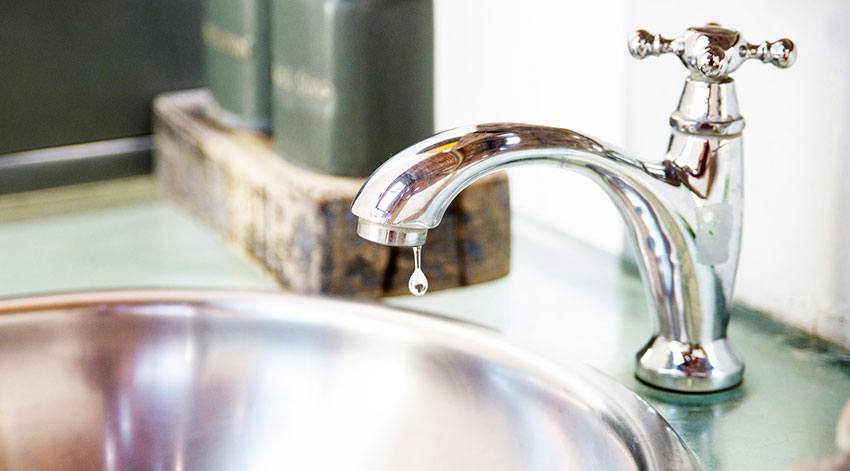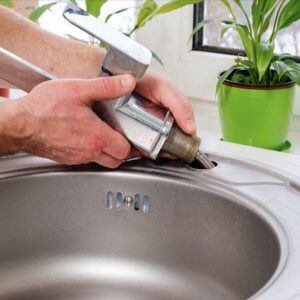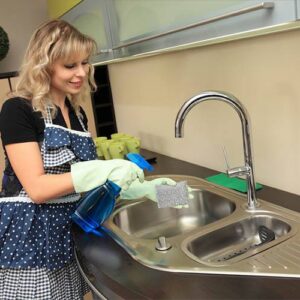Recently, there has been a significant shift in the way people approach household cleaning, especially among housewives and homemakers. More and more individuals are moving away from traditional cleaning agents, which are not only quite expensive but also pose various health risks.
These conventional kitchen sink cleaners often come with alarming warning labels instructing users to keep them out of the reach of children and to avoid direct contact with skin and eyes.
The necessity of using protective gloves further underscores the potential dangers these chemicals pose. Accidental exposure, such as splashes into the eyes, can cause serious damage and discomfort, making these products a less desirable option for many.
3 Solutions for cleaning
If you are someone who values ecological sustainability and prefers to minimize the use of hazardous chemicals in your home, then this article is tailored for you. We aim to provide you with practical and effective tips on how to clean your kitchen sink using natural ingredients that are both safe and environmentally friendly.
These methods not only ensure a sparkling clean sink but also promote a healthier home environment. By harnessing the power of nature, you can achieve a dazzling shine and fresh scent in your kitchen without compromising on safety or effectiveness.
Baking Soda
Baking soda is widely recognized for its remarkable cleaning properties. This simple, yet powerful ingredient is not only highly effective but also incredibly safe to use, making it a popular choice for natural cleaning enthusiasts.
To clean your kitchen sink using baking soda, start by wetting the entire sink. Next, take a moistened sponge and dip it into a cup of baking soda. The baking soda will adhere to the sponge, creating a mild abrasive surface that is perfect for scrubbing.
Begin scrubbing the sink thoroughly, ensuring you cover all areas, including hard-to-reach spots. Spend approximately twenty minutes on this process, applying gentle pressure to remove grime and stains.
The baking soda will work its magic, cutting through dirt and grease without scratching or damaging the surface of your sink. Once you have finished scrubbing, rinse the sink with warm water to wash away any residue. The result will be a sink that shines brilliantly, almost like a jewel, reflecting the natural light in your kitchen.
Lemon and Vinegar
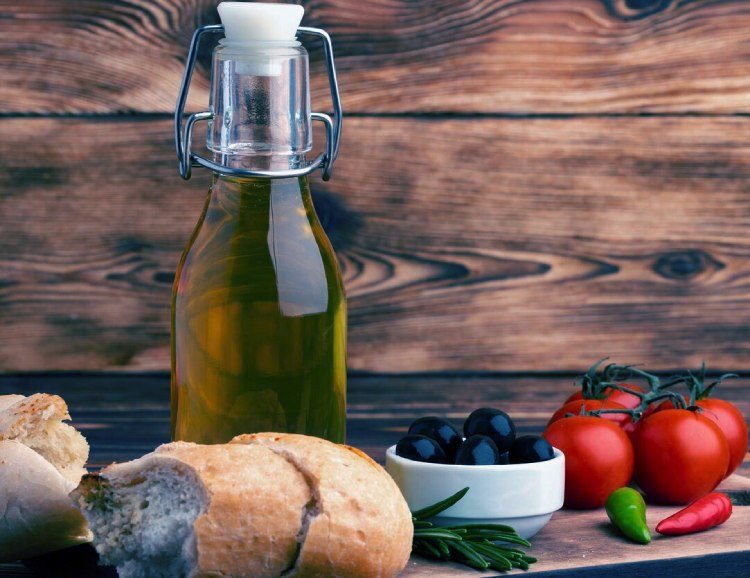
Lemon juice and vinegar are both renowned for their natural cleaning abilities. Each of these ingredients is effective on its own, but when combined, they create a potent cleaning solution that can tackle even the toughest stains.
To utilize this powerful combination, mix equal parts of lemon juice and vinegar in a cup. The acidity of both ingredients works together to dissolve grease and grime, while the lemon imparts a fresh, citrusy scent that naturally deodorizes the sink.
Dip a sponge into the mixture and begin scrubbing your sink. Focus on areas that are particularly dirty or stained, applying the mixture generously. Spend about twenty minutes cleaning the sink with this solution, allowing the natural acids to break down any build-up.
As you scrub, you’ll notice the sink becoming cleaner and shinier. After you have thoroughly cleaned the sink, rinse it with warm water to remove any remaining mixture. The end result will be a sink that looks brand new, with the added bonus of a delightful citrus aroma that lingers in your kitchen.
Salt
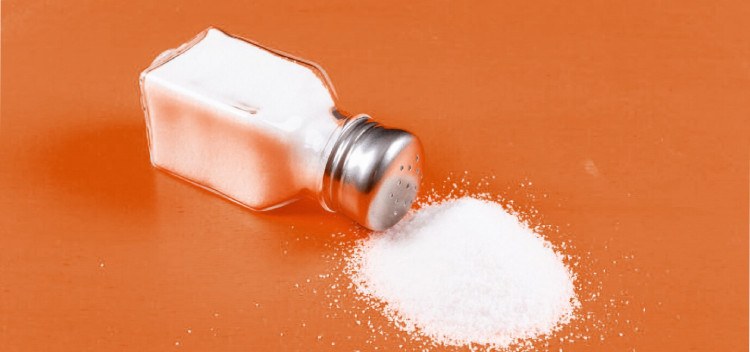
Salt is another natural ingredient that can be highly effective for cleaning purposes. To use salt for cleaning your sink, dissolve a glass of salt into a large cup of warm water. This creates a saline solution that can help to cut through dirt and grease.
Dip a sponge into the salty water and begin scrubbing the sink. The abrasive nature of salt, combined with its disinfectant properties, makes it an excellent choice for tackling stubborn stains and sanitizing surfaces.
Spend around twenty minutes scrubbing the sink with the salt solution, ensuring you cover all areas thoroughly. The salt will help to lift grime and disinfect the surface, leaving your sink clean and sanitary. After scrubbing, rinse the sink with fresh, cold water to remove any salt residue.
For even better results, consider combining this technique with the other methods mentioned above. By alternating between baking soda, lemon and vinegar, and salt, you can achieve a deeper clean and maintain the pristine condition of your kitchen sink.
These expanded sections provide a detailed and comprehensive guide to cleaning your kitchen sink naturally, emphasizing the benefits and effectiveness of using baking soda, lemon and vinegar, and salt.

